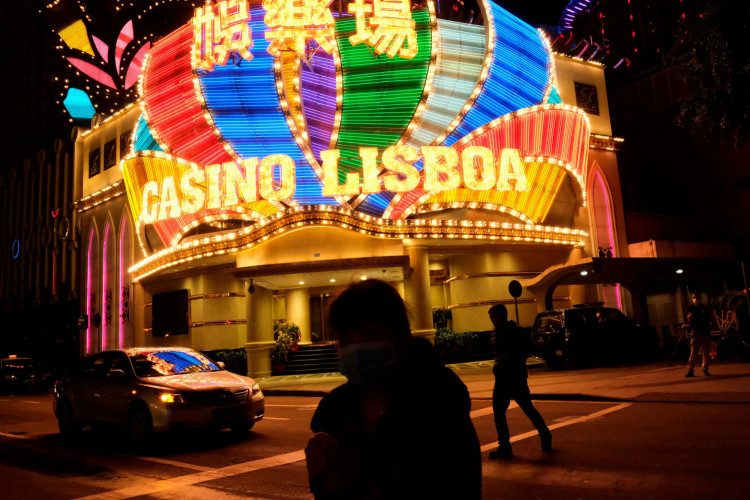After immigration controls were abruptly relaxed, Macao's streets were crowded in the days leading up to the Chinese New Year. Still, it is far from business as usual as the Chinese gambling hub struggles with issues over its future.
"We don't have enough goods for this Chinese New Year as we didn't expect this," Li, a business owner said. Stores selling regional foods like almond cookies and pork jerky needed help keeping up with the influx of tourists from mainland China as they jammed the narrow alleyways leading up to the ancient Ruins of Saint Paul's.
Despite the fact that tourists may have returned, Beijing wants the former Portuguese colony to diversify its casino-dependent economy. Money laundering and gambling have been severely restricted as part of President Xi Jinping's years-long anti-corruption effort. However, giving up gambling will be challenging given the significant tax revenue that casinos produce.
The city of about 700,000 people is the only one in China where casinos are allowed to operate legally, and for many years, mainland Chinese gamblers have been the city's main source of income. Gaming income in Macao fell to a historic low of 42 billion patacas ($5.2 billion) last year as a result of the government closing down the majority of enterprises during the height of a coronavirus outbreak.
For a multibillion-dollar sector that, before the pandemic, produced six times the gaming income of Las Vegas, Macao only grants six operating concessions. The government granted new 10-year concessions to all current players in December, thus maintaining the status quo but introducing new restrictions for non-gaming investment.
Since then, the companies have committed a total of US$14.9 billion to a variety of projects, including amusement parks, conference centers, upscale restaurants, and performance venues. Sulu Sou, a former politician, called it "a step forward" for Macao to make specific requests for diversification rather than continuing to rely on ambiguous phrases as it had done for years.
The majority of Macao's pandemic controls were removed last month, and the territory's borders were once again open as a result of Beijing's sudden decision to renounce its renowned zero-Covid policy. The reopening marked the end of nearly three years of stress and economic hardship for locals like pharmacist Mariana Soares, but it also brought with it a feeling of whiplash.
Officials in Macao have increased the number of new year celebrations in an effort to make the virus a distant memory and in the hopes that the current economic momentum will continue. The holiday season saw high-end hotels completely filled, and officials said that weekend tourist numbers have rebounded to levels that are around half those of pre-pandemic levels.






